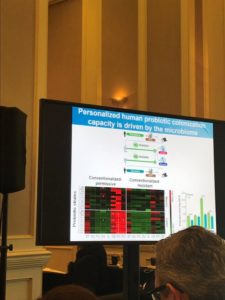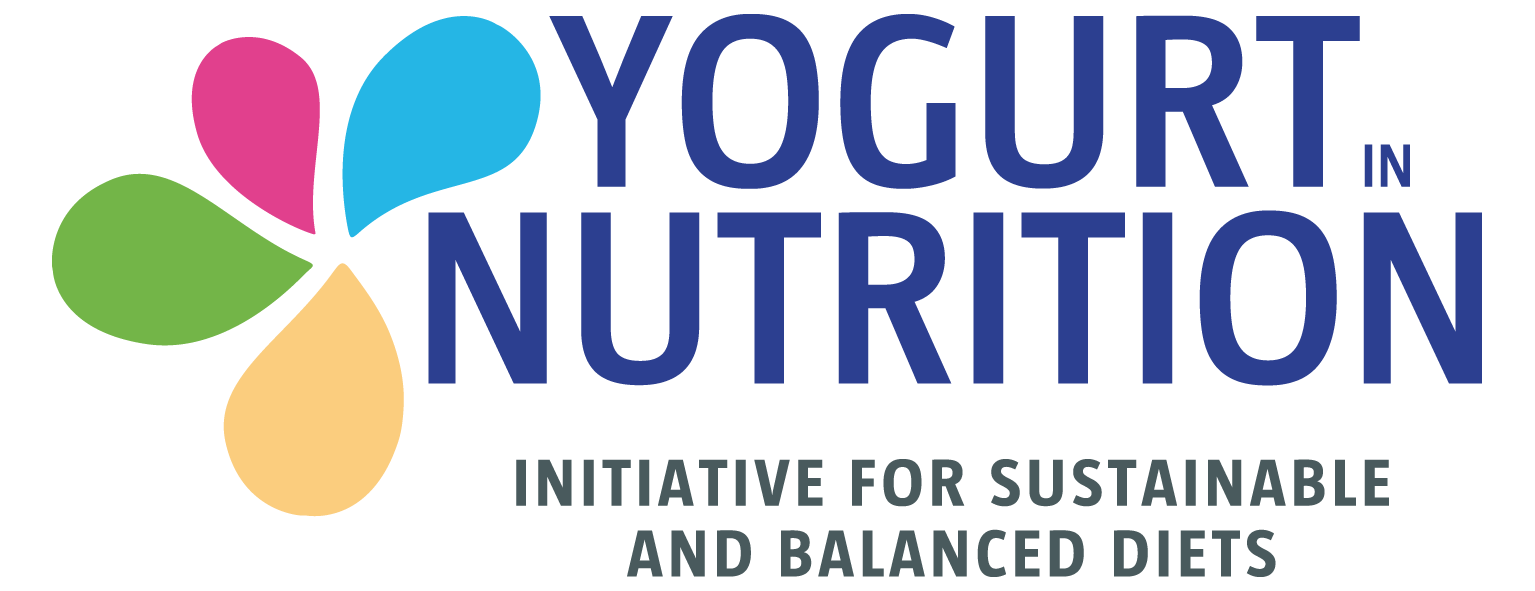By Lori Shemek, PhD
The gut microbiota and its impact upon human health
The past ten years we have seen remarkable advancement in our understanding of the gut microbiota and its impact upon human health.
The impact of our gut microbiome on our overall health, brain health, weight and much more, cannot be overstated. The human body, it is becoming more apparent, cannot live without gut microbes. We depend upon these many diverse bacterial species for our optimal health.
Because the gut microbiota function is so important and unique, it has now been described it as a ‘supra organ’ an organ equally and powerfully as important as any other organ in the body. All organs work together to keep the human machinery alive and well and the gut is a powerful member.
Why is the health of the gut so important? Within our gut we have roughly 40 trillion bacterial cells in your body and only 30 trillion human cells. That means you are more bacteria than human. Additionally, you have up to 1,000 bacterial species where each plays a different role that are crucial for digestion of food, immune system, heart health, weight, brain health and other bodily processes.
“This microbiome or ‘communities’ have a powerful effect upon one’s quality of life.”
In attending this summit, there were a few pieces of research presented that had an effect upon my views: first of all, the probiotic effect on gut health.
Probiotic Supplements
One of the many key takeaways is that we are moving from the current ‘one size fits all’ microbiome treatment approach, such as simply taking a general probiotic supplement to benefit the gut, and more towards an integrated personalized microbiome treatment approach.
Probiotics are typically bacteria or other living organisms, like yeasts. Probiotics are usually found in foods or dietary supplements such as a pill or powder, or in fermented and cultured foods, such as yogurt.
I’ve routinely recommended a probiotic supplement or fermented food to enhance gut health and particularly after a round of antiobiotics. Antibiotics destroy all gut flora, both beneficial and harmful. However, research presented during a session of the event by Purna Kashyap, MBBS and Pinaki Panigrahi, MD, PhD, prompted the inherent question ‘should we routinely recommend a probiotic after antibiotic treatment?’ The answer is probably not until more research is published.
 The outcomes with probiotic use are unique to each individual in terms of the colonization of probiotics. Colonization with probiotics varies between individuals; some people are “resistant” and some are “permissive” to a particular probiotic that compels a more individualized approach. This variation and the lack of data means that more studies are needed.
The outcomes with probiotic use are unique to each individual in terms of the colonization of probiotics. Colonization with probiotics varies between individuals; some people are “resistant” and some are “permissive” to a particular probiotic that compels a more individualized approach. This variation and the lack of data means that more studies are needed.
Additionally and surprisingly, Eran Elinav, MD, PhD, presented some results showing that after the use of antibiotics, probiotic supplementation can delay the reconstitution of beneficial gut microbiome and may promote long-term suppression of the indigenous microbiome. It is important to stress that it is probiotic supplement use only.
Probiotics in food however, can be safe and useful. Cultured and fermented food, a natural food-based source of probiotics, is an excellent choice. For example, yogurt has a combination of multiple probiotic species that may improve IBS symptoms as well as optimizing gut health.
However, depending upon genetics, gut health or one’s health in general, probiotic supplementation could be detrimental and it now appears it is not a blanket recommendation for everyone.
“The bottom line is probiotics work differently in different people. We need more evidence with better-designed studies”.
Lori Shemek, PhD @lorishemek
Thank you to Lori Shemek, PhD for her work and feedback.





